He was born in Santiago on August 25th, 1831. He was the son of Pedro Felix Vicuña Aguirre and Carmen Mackenna Vicuña.
His basic studies were coursed at the Cueto school, where he was undisciplined student; he continued at the Instituto Nacional (National Institute), and then he studied Law at the Universidad de Chile. In 1850, he actively participated in politics and was elected secretary of the Club de la Reforma (Reform Club), position he also held in the Sociedad de la Igualdad (Society of Equality), organization founded by Santiago Arcos and Francisco Bilbao.
He participated in the mutiny led by general Urriola in Santiago, on April 20th, 1851. He was taken prisoner and sented to death, but he managed to escape from prison. He transferred to La Serena, where he took part in another armed uprising in September of 1851. Due to the defeat of these revolutionaries, he embarked towards the United States from Valparaiso. He traveled throughout the country, and in 1853 he continued his trip to Europe.
He returned to Chile in 1865, joining the political movement opposing the government of Manuel Montt and participated as secretary of the Sociedad de Instruccion Primaria (Primary Instruction Society) and the Sociedad de Agricultura (Agriculture Society).
He published his memoirs in the press, «Tres años de viaje» («Three years of traveling»), as well as a second historical investigation called El ostracismo de los Carrera (The ostracism of the Carreras) in 1857. That very year he completed his studies in Law and became a lawyer.
His enthusiasm for democratic causes led him to participate in the revolutionary movement against the government of Manuel Montt in 1859. This cost him a stay in prison and another deportation, this time to England. Later, he moved to Peru, where he continued his studies and historical investigations.
Vicuña Mackenna returned to the country in 1861, and the following year he was named member of the Faculty of Philosophy and Liberal Arts of the Universidad de Chile. In 1863, he began work as a journalist at El Mercurio de Valparaiso and continued to publish historical texts. In 1864, he entered Congress as a deputy for La Ligua (1864-1867).
When the war against Spain broke out, he headed to Peru and the United States (1865) to carry out secret missions assigned by Perez’s government.
The, he was elected deputy for Valdivia for the term stretching between 1867 and 1870.
He was named intendant of Santiago in 1871 and in this position he carried out his city beautification plan, attempting to imitate European trends.
This way, he performed important progress in public works, among which one can count the transformation of the abandoned Santa Lucia hill into beautiful public grounds. In addition, the channeling of the Mapocho was completed during his term; a road was developed that circled (flank) the entire city; the drinking water grid was extended; numerous streets were widened and paved, among many others.
All of this gave him so much prestige that the candidacy for the presidency in the elections of 1875 came about practically as an act of spontaneity. Having considered this option with president Errazuriz Zañartu, he had to resign to the intendancy and accept his nomination. Thus, he was proclaimed by the conservatives and the Liberal Democratic party, created exclusively for his candidacy.
What Vicuña Mackenna didn’t know was that the conservatives were using his candidacy as revenge towards the president for having broken the merger. There was no real interest in the former intendant.
This, combined with the violent intervention by the government, led Vicuña Mackenna to resign to his postulation a short time before the election.
In 1876, he returned to the Congress as a senator for Santiago until 1879, when he won as senator for Coquimbo. From this position he became involved in the Pacific war giving patriotic speeches. In addition, he organized the Sociedad Protectora de Huerfanos y de las Viudas de la Guerra (Protection Society for Orphans and Widows of War), investing his scarce savings for this cause.
He withdrew to his hacienda (ranch) in Santa Rosa de Colmo, passing away on January 25th, 1886.
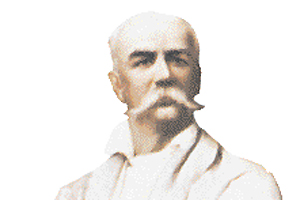
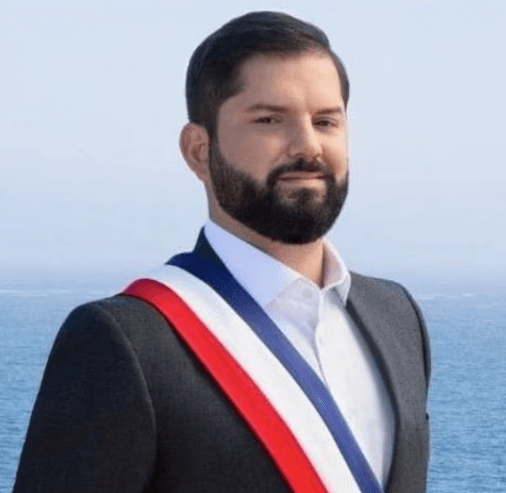
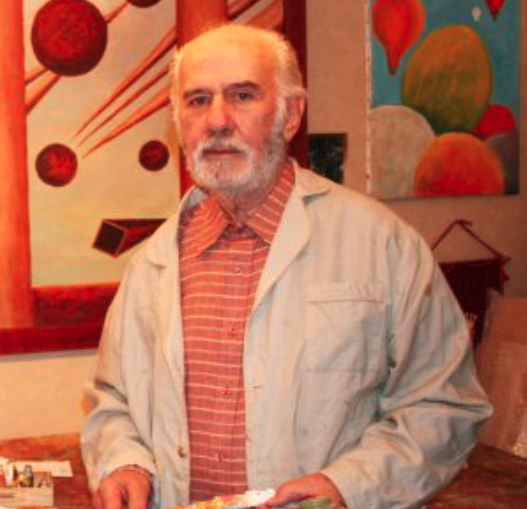
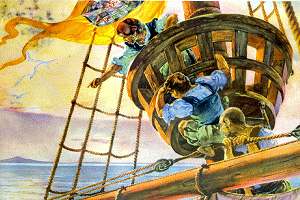

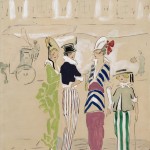

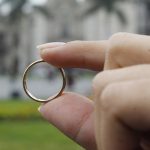
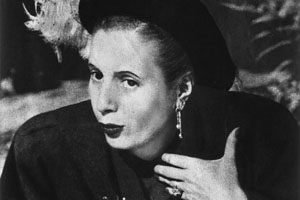 Muere Evita
Muere Evita